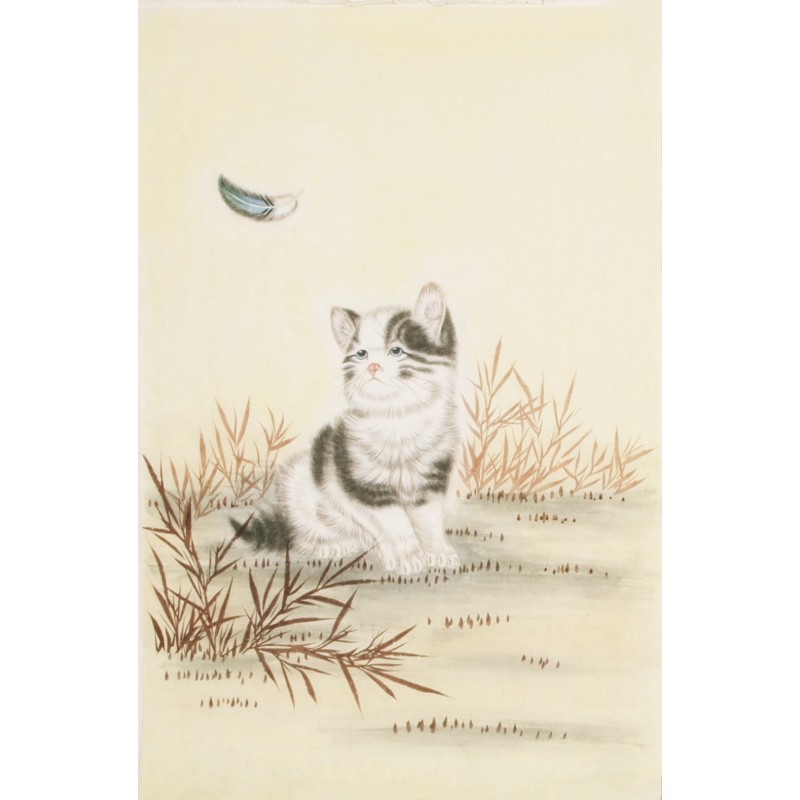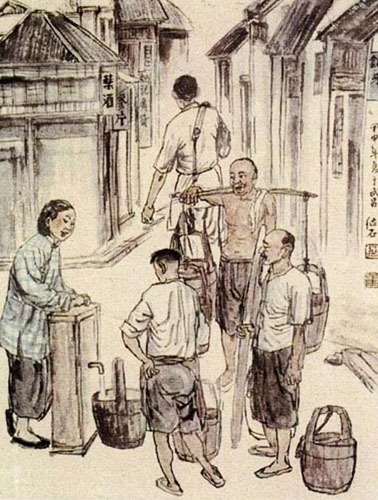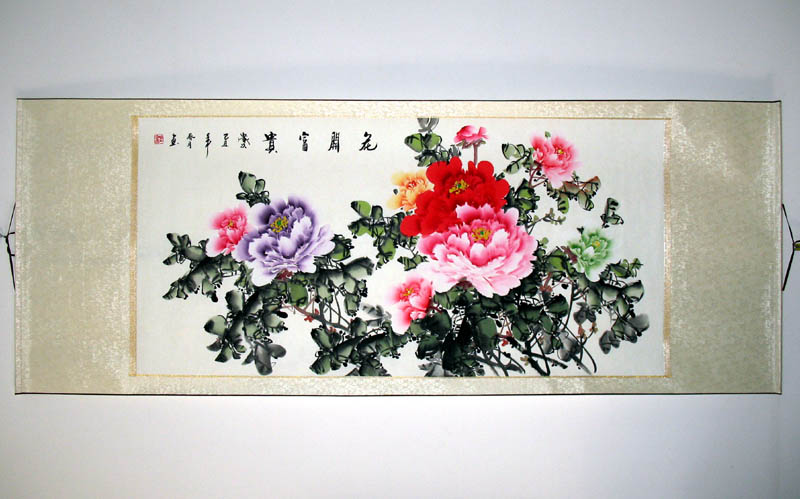As you know,China’s current economic system is market-oriented economy, which is highly capitalized with high speed. The term “bull and bear market” is frequently heard, while people home and abroad prefer the former-bull market, in which the share prices continue to rise and it can spawn the cult of equities. Please remember the bull market. In Chinese, there is a saying going like this “Newborn calves are not afraid of tigers” to describe that young people are fearless. “Niu” or “ox” is also one of the most commonly-used colloquial expressions, meaning “good or skillful”. It can also be used as a noun to mean an extraordinary person or thing. The phrase “niu piqi” or “ox temper” means “stubborn or unyielding temper”. While, the idiom “对牛弹琴-dui niu tan qin” in English means casting pearls before swine. To some degree, people also use this idiom to describe the stubborn of a person.
After learning some typical Chinese phrases, what’s the first impression the Ox to you?
Actually, as one of the first animals to be tamed by human beings, oxen were used in agriculture back in the Neolithic age 7,000 years ago. The Ox in Agricultural Cultivation is in fact also the history of Chinese agricultural development. Since ancient times, Chinahas boasted a well-developed agricultural sector and the ox is an important part of it. Because of the contributions the ox has made to the lives of the Chinese people, it has become part of traditional Chinese culture.
The ox was not only used as a decoration but also as a symbol of identity in some certain periods in ancientChina. People spare no words of praise in their discussions of an ox's virtues and the ox has always provided artistic inspiration. Many Chinese writers wrote articles, praising the spirit of the ox. Oxen can bear hardships and hard work but never ask much in return, thus Chinese people always praise them for their lofty and noble character. They are also mostly gentle. Commonly, oxen are considered lovely that way and the image of ox has been widely used in ornaments.
Ox: 1 to 3 a.m., named chou shi (time period of chou). This is the time that oxen ruminate.
People who were born in the years of 1913, 1925, 1937, 1949, 1961, 1973, 1985, 1997, 2009, 2021, 2033 and so forth are the ox people. They may have some ox personality traits.
From the time, we can see that the ox occupies the second position on the Chinese Zodiac. They are known for diligence, dependability, strength and determination. Owning an honest nature, oxen have strong patriotism for their country, have ideals and ambitions for life, and attach importance to family and work. However, people who were born in the Year of the Ox are supremely self-assured. Generally patient and thoughtful, they measure their words, and will speak clearly and concisely often when it matters most. While, Ox people can be quite stubborn — but also stubbornly loyal to those they love. Generally placid and easy-going on the outside, the Ox can be very dogmatic. Therefore, they are never easily persuaded by a clever argument. Due to the Ox people are generally good with their hands, and together with sterling leadership abilities, so they are competent at such careers as agriculture, manufacturing, pharmacy, mechanics, engineering, draftsmanship, artistry, politics, real estate, interior design, painting, carpentry, or quarry work.






